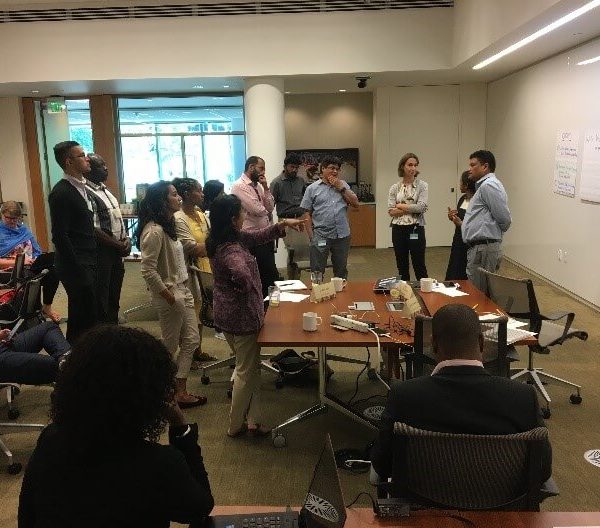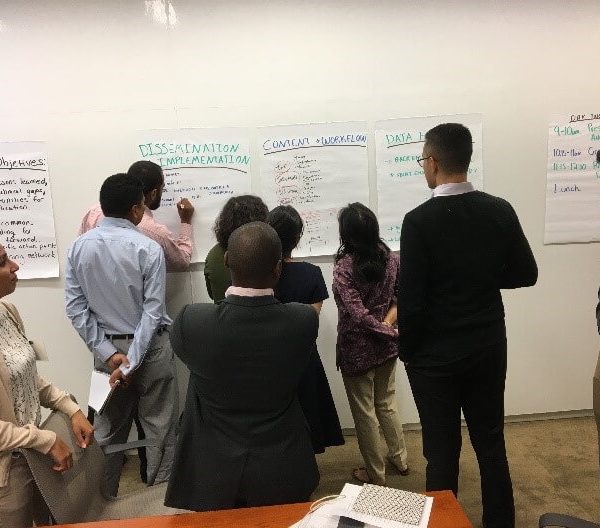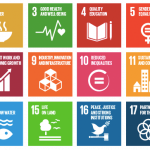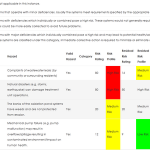Further refinements to the FSM Toolbox to help address faecal sludge management (FSM) concerns
The Bill and Melinda Gates Foundation (Gates Foundation) is working with international partners to address the global challenge of Faecal Sludge Management (FSM). A very useful output from the Gates Foundation’s initiatives is the Faecal Sludge Management (FSM) Toolbox. The FSM Toolbox, developed with the Asian Institute of Technology and other partners, contains a number of tools, case studies and resources aimed at various sector stakeholders and along various components of the sanitation supply chain, and designed to assist the sanitation sector with planning, financial preparation, status assessment, etc. of sanitation/FSM related projects.
While the Toolbox provides a wide array of tools, its uptake among users remains relatively low owing to challenges associated with generating/providing the required data inputs, a complex navigation interface and low awareness on the critical functionalities offered by the tool. To overcome these barriers and improve the FSM Toolbox, a technical secretariat has been formed, which includes Emanti. The goals of the technical secretariat are to:
a) Present a set of practical recommendations (quick wins) to overcome user concerns that are design/content related on current functionalities offered in the FSM toolbox
b) Identify a set of key clients (across user categories) in South-East Asia, India, Senegal and South Africa. Map entry points for the toolbox in each of these contexts and initiate the process of embedding the toolbox in these user-contexts
c) Point to critical functionality gaps in tool and non-tool resources within the toolbox and identify smart ways of filling the functionality gaps
Phase 1 of achieving the above goals included the development of a number of strategies including: (i) mapping the quality of the data-ecosystem to support tool-box roll out in South Africa, (ii) developing a preliminary shortlist of potential tool-box users, (iii) assisting in creation of guides for consultations with toolbox-users, (iv) conducting consultations with identified shortlisted possible end-users in South Africa, and (v) developing detailed end-user profiles.
In general, the feedback indicated that the interviewed stakeholders were not aware of the toolbox, and that significant scope therefore existed to introduce and increase uptake of the FSM toolbox in South Africa. In order to ensure sustainable use of FSM toolbox, a number of way forward actions were identified, which will prioritised in phase 2 of this initiative.
Emanti believe that the FSM Toolbox can fulfil a real need in South Africa, and assist Water Services Authorities and other parties to improve their current faecal sludge management related practices/processes. Furthermore, we are excited by the capacity building and training opportunities afforded by the FSM Toolbox. These efforts would support South Africa’s desire to meet the Sustainable Development Goals (SDGs).
If you would like to find out more about eh FSM Toolbox and/or would like to get involved, please contact us.







